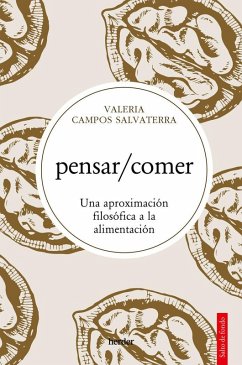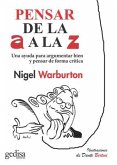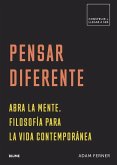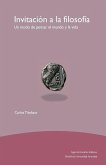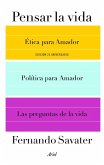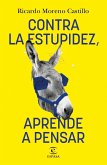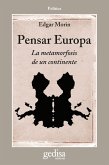Eating is the most widespread daily practice in life. It takes place every day, three times a day, from birth to death. However, the philosophical tradition has never directly taken charge of food, since it is not a topic that is part of the scope of the issues that originally concerned it. When searching for "philosophies of eating" the response of the texts is both silence and denial. However, there is a counterpoint: the philosophy of all times has been expressed through food metaphors--even cannibals--this is part of both its themes and its deepest methodology. From the most empirical uses to the most transcendental - such as the one that contains the idea that we are what we eat - eating has become an existential operation for philosophy, as important as thinking.

